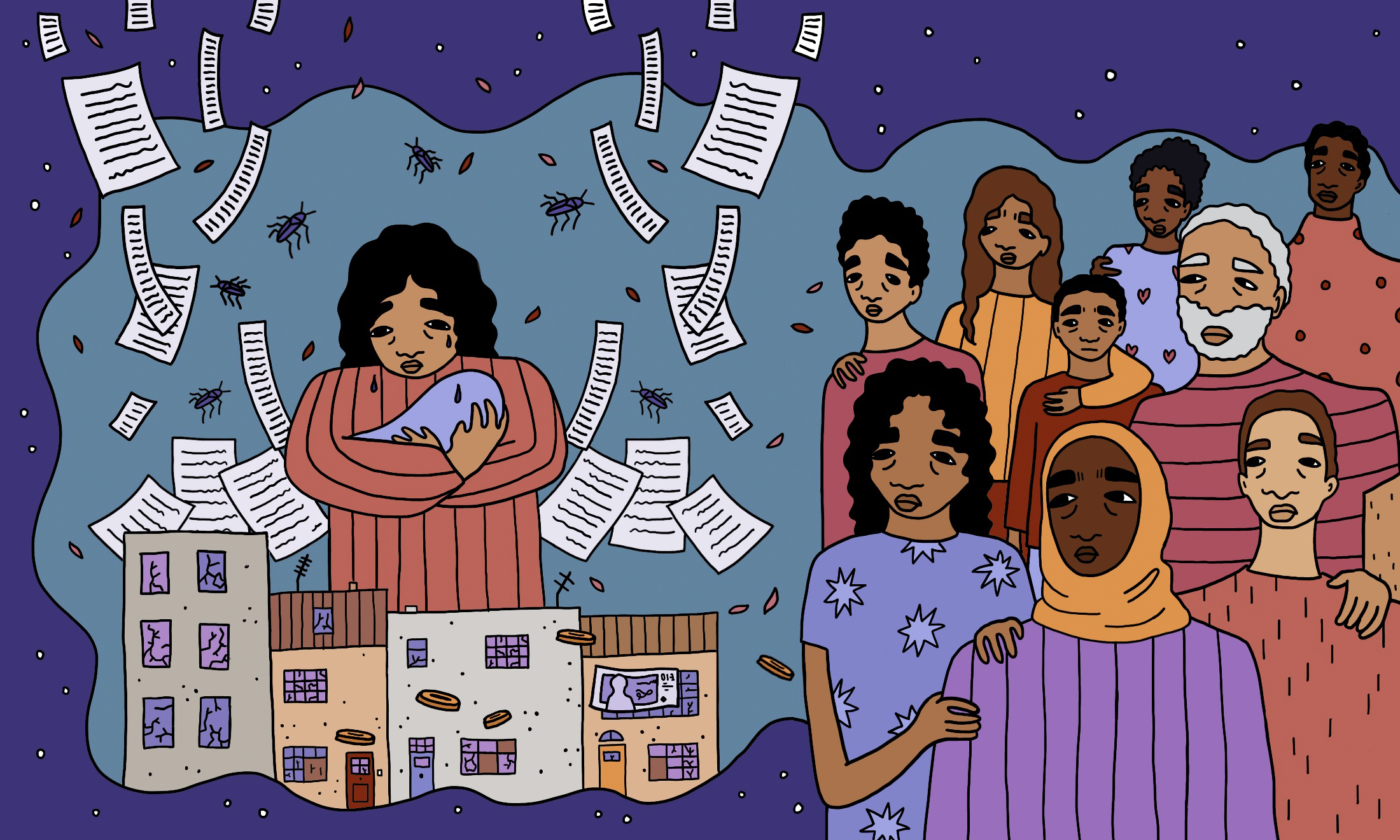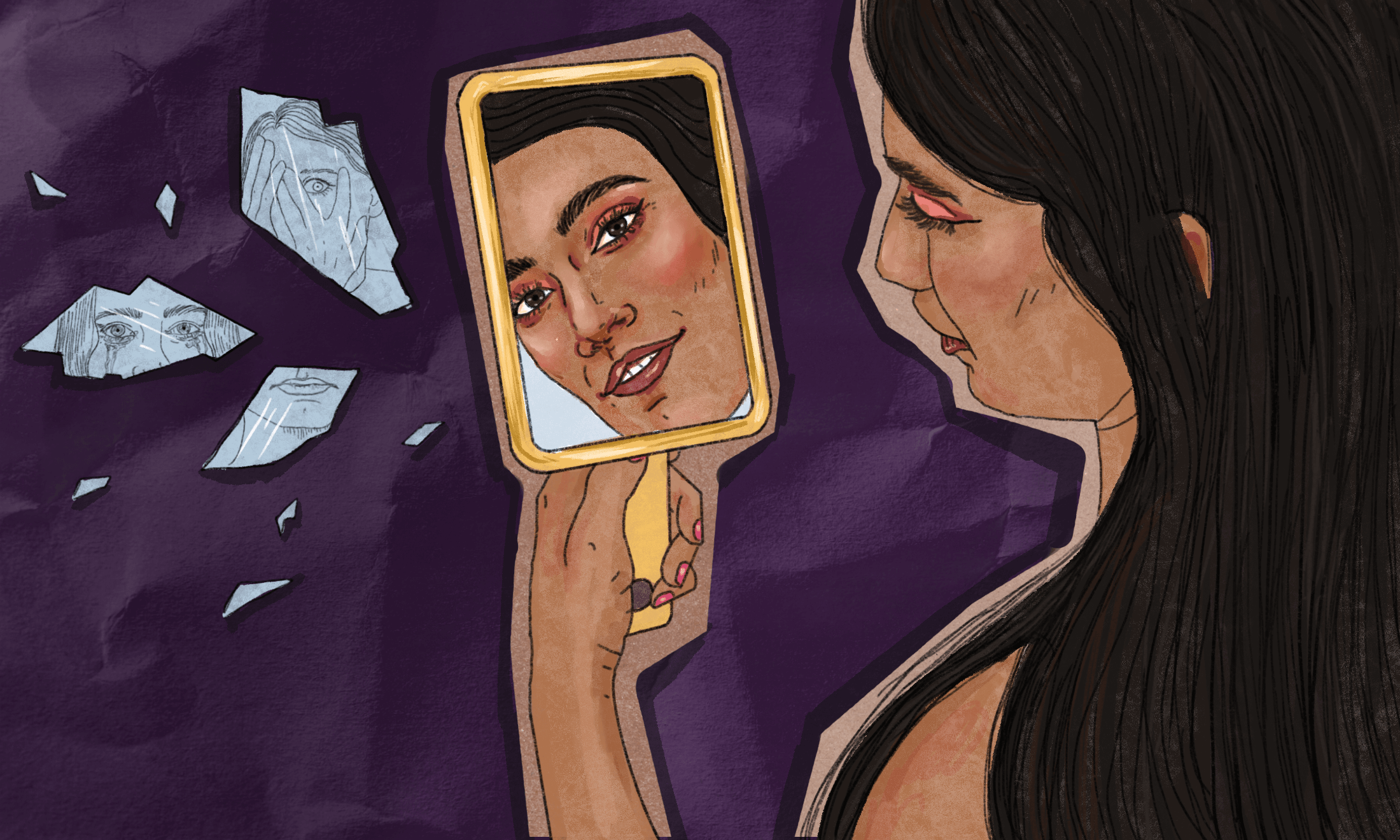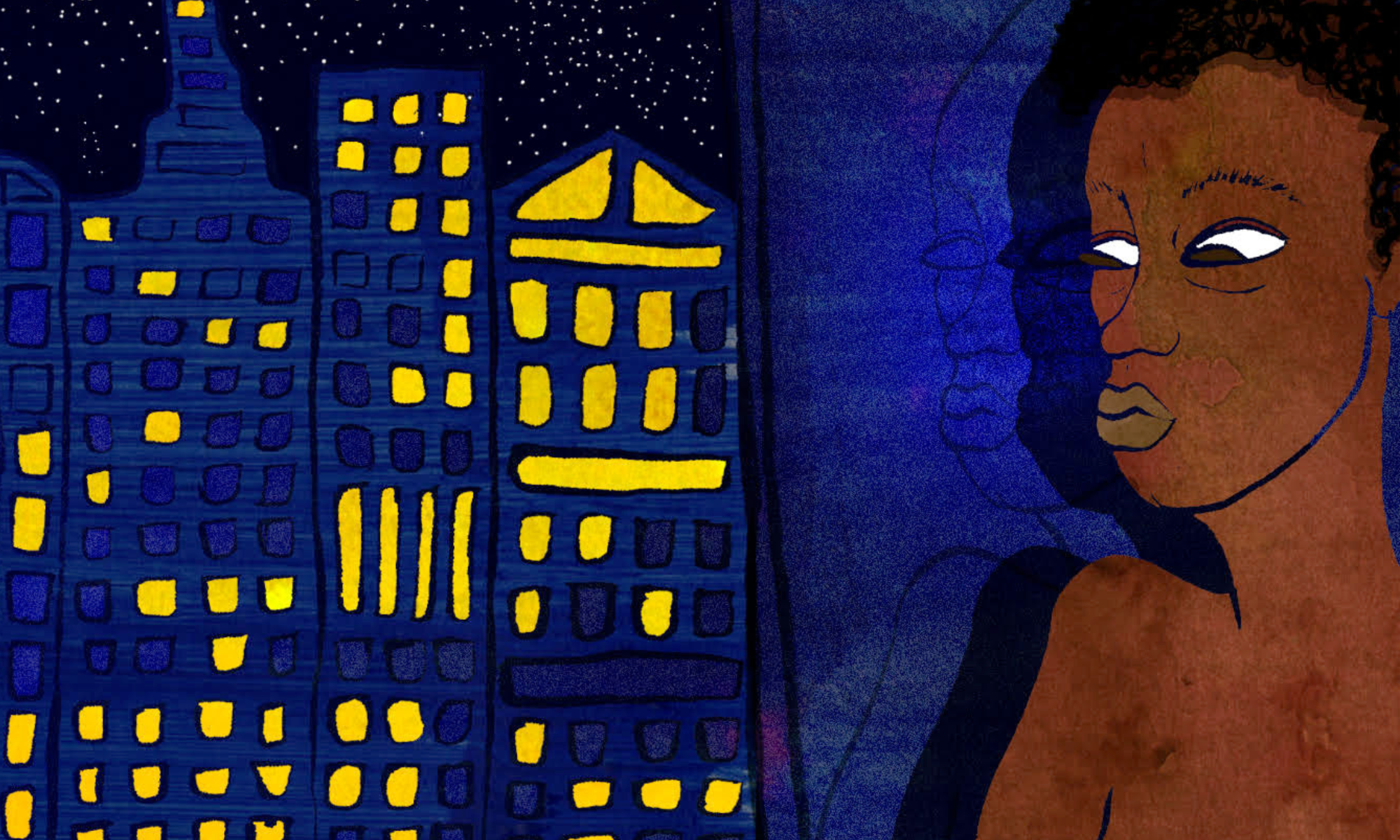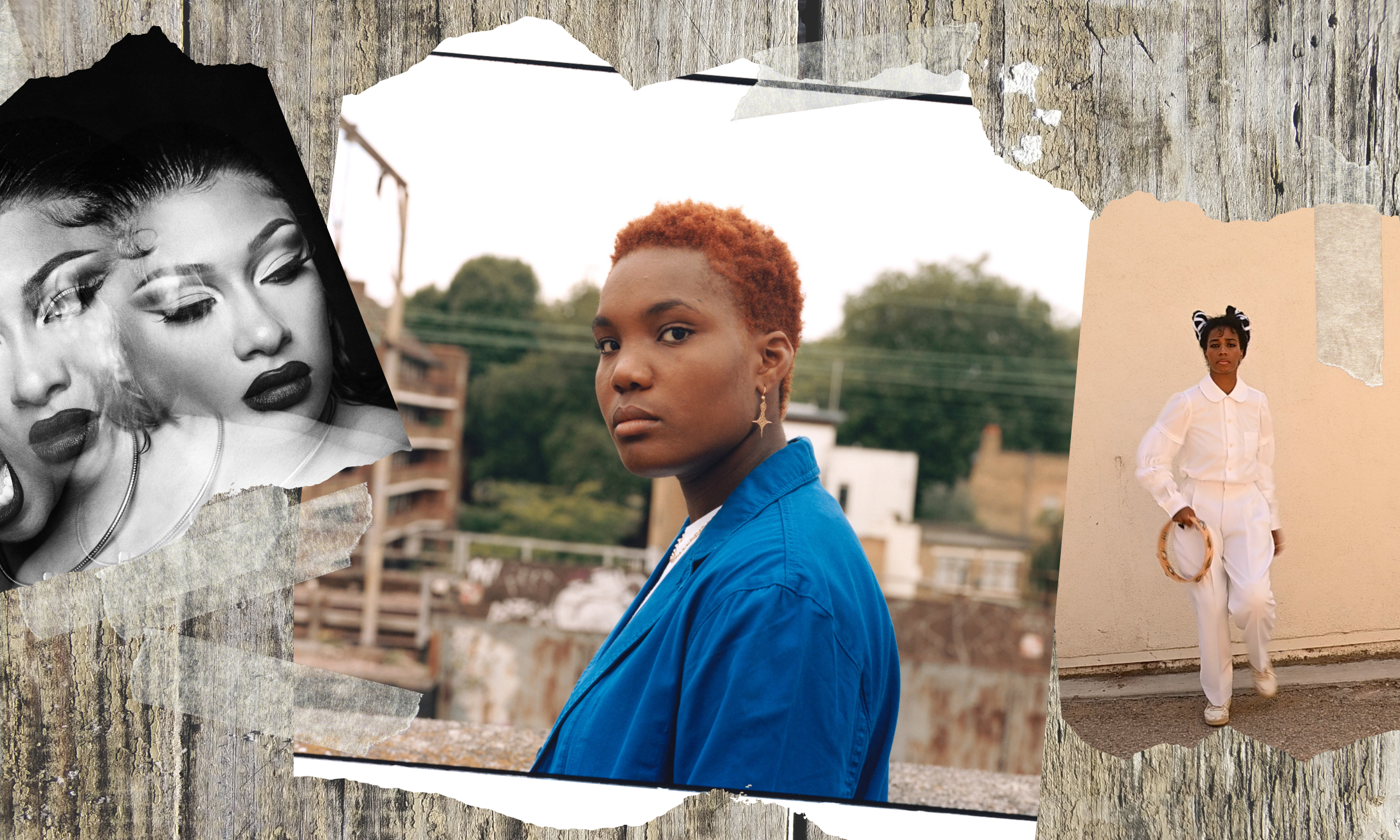
Arlo Parks: Alex Kurunis; Santigold: Frank Ockenfels; Badbitcheshavebaddaystoo.com; via Canva
Mental health discourse can deepen the connection between artists and fans
Bad bitches have bad days. Support shared between fans and artists can help us all get through.
Kayleigh Watson
13 Oct 2022
Megan Thee Stallion has never been one for conforming to expectations of conduct, yet recently she’s emerged as one of the world’s most forthcoming pop artists addressing mental health. In late September, she launched Bad Bitches Have Bad Days Too, an online platform that links fans to free therapy organisations, mental health hotlines, resource directories, and LGBTQIA+ community resources. Having herself turned to therapy following the deaths of her parents, Megan introduced the site with a heartfelt message, “You know how much mental wellness means to me, so I created a hub with resources that can help when you might need a hand.”
The platform is not just in keeping with the emotional themes of her latest project, Traumazine, but indicative of an artist in touch with the needs of her fans with an earnest desire to give back. She’s not alone in speaking out about mental health – her initiative comes less than two months after Nicki Minaj implored audiences to show kindness to artists in a speech at the MTV VMAs in August, saying, “I wish people took mental health seriously, even for the people who we think have perfect lives.” She named friends, family and colleagues she’d lost, including late rappers Pop Smoke and Juice WRLD, in a touching tribute.
“More artists are speaking about mental health – with Black women and people of colour at the forefront of the discourse”
Half a decade ago, such public mental health discourse was unheard of, especially in mainstream pop circles. Now, more artists are speaking up and conversing with fans about the matter, with Black women and people of colour at the forefront of the discourse. Halsey, who lives with bipolar disorder, recently expressed regret over their decision to pursue a career in music, revealing they felt sadness and emptiness: “I’m sorry that melancholy has penetrated my art in a way that hasn’t served a greater purpose other than my own self-loathing.” While artists, in recognising their privilege, may feel they don’t have a right to be vulnerable, the concept of celebrity does not negate their own struggles with mental health.
Pressure on mental health can also be exacerbated under the emotional and physical stress of touring. In September, Arlo Parks cancelled US shows, citing anxiety and “working herself to the bone” to deliver to fans. “I was eager to grind and show everyone what I was capable of, how grateful I was to be where I am today,” she wrote in an Instagram post. The 2021 Mercury Prize-winning artist said she pushed herself “unhealthily”: “I find myself now in a very dark place, exhausted and dangerously low… my mental health has deteriorated to a debilitating place.”
It is saddening that an experience that brings her such joy – Arlo previously described performing as “astral projecting” – has been fettered down by pressure. Yet, the spectre of 2020 still looms close: the pandemic obliterated live music, and with it, income earned from touring, especially devastating for independent artists. As inflation soars and venues and gig operators struggle to reclaim losses, musicians have been forced to cancel shows, with direct implications on mental wellbeing.
Earlier this year Little Simz cancelled US dates citing the financial unviability and “mental stress” of self-funding a tour as an independent artist. The cancellations keep coming: in September, Santigold, who is signed to her own label Little Jerk Records, cancelled an entire 19-date US tour. “For many of us, the landscapes we are re-entering are not the same,” she wrote in an impassioned Instagram post. “All of that on top of the already-tapped mental, spiritual, physical, and emotional resources of just having made it through the past few years… some of us are finding ourselves simply unable to make it work.”
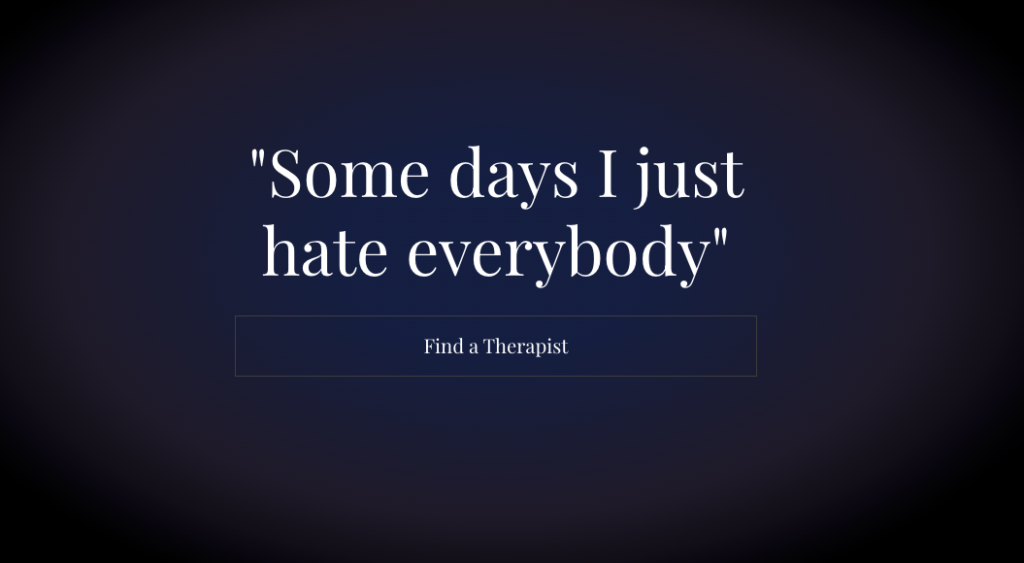
The challenging landscape of live music and overall industry conditions is also shaping the songs we hear, as artists channel their frustrations, sadness and healing into their music. On Traumazine, Megan Thee Stallion taps into the emotional turmoil she navigated following multiple bereavements, getting shot and the ongoing tug-of-war with her exploitative record label. A game-changing album, she masterfully harnesses her rage to the effect of catharsis, empowering to her and any listeners confronting hardship.
Mental health should always be regarded with kindness. The mutual exchange between artists and fans shows an understanding and deepens the love found in their communities. Hopefully, this increased discourse will inspire reinvigorated support structures and a culture of compassion that results in lasting change.
Like what you’re reading? Our groundbreaking journalism relies on the crucial support of a community of gal-dem members. We would not be able to continue to hold truth to power in this industry without them, and you can support us from £5 per month – less than a weekly coffee.
Our members get exclusive access to events, discounts from independent brands, newsletters from our editors, quarterly gifts, print magazines, and so much more!


